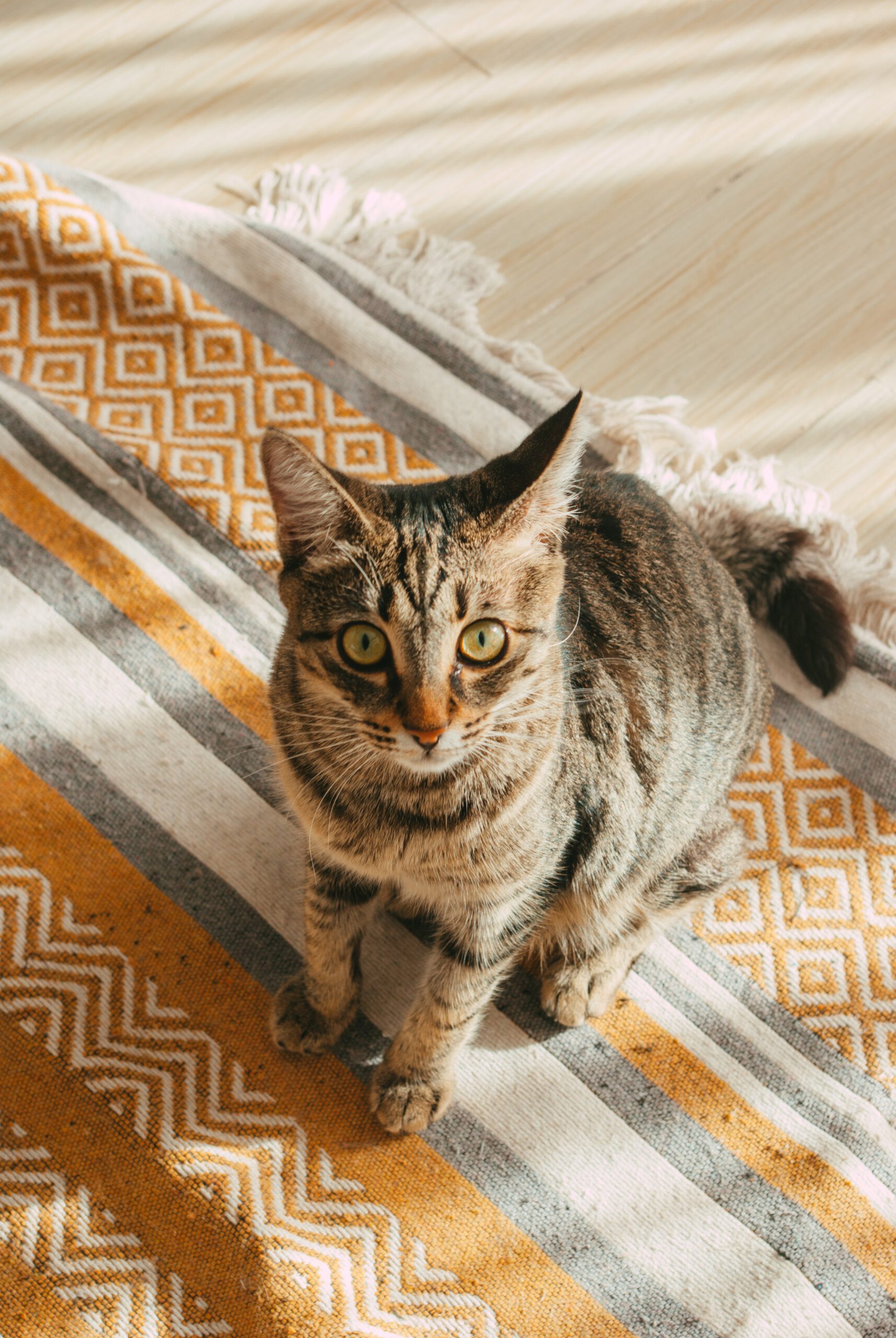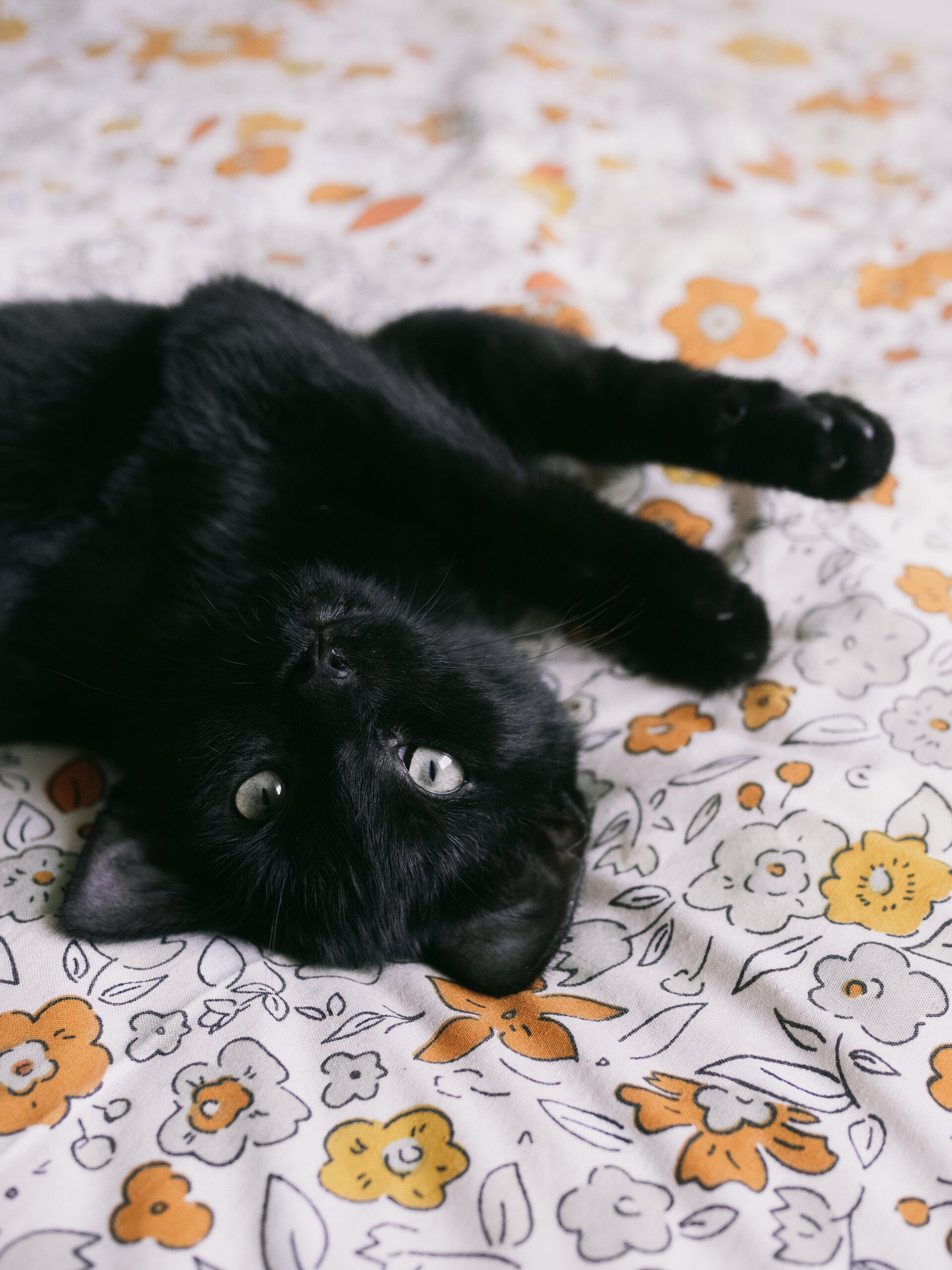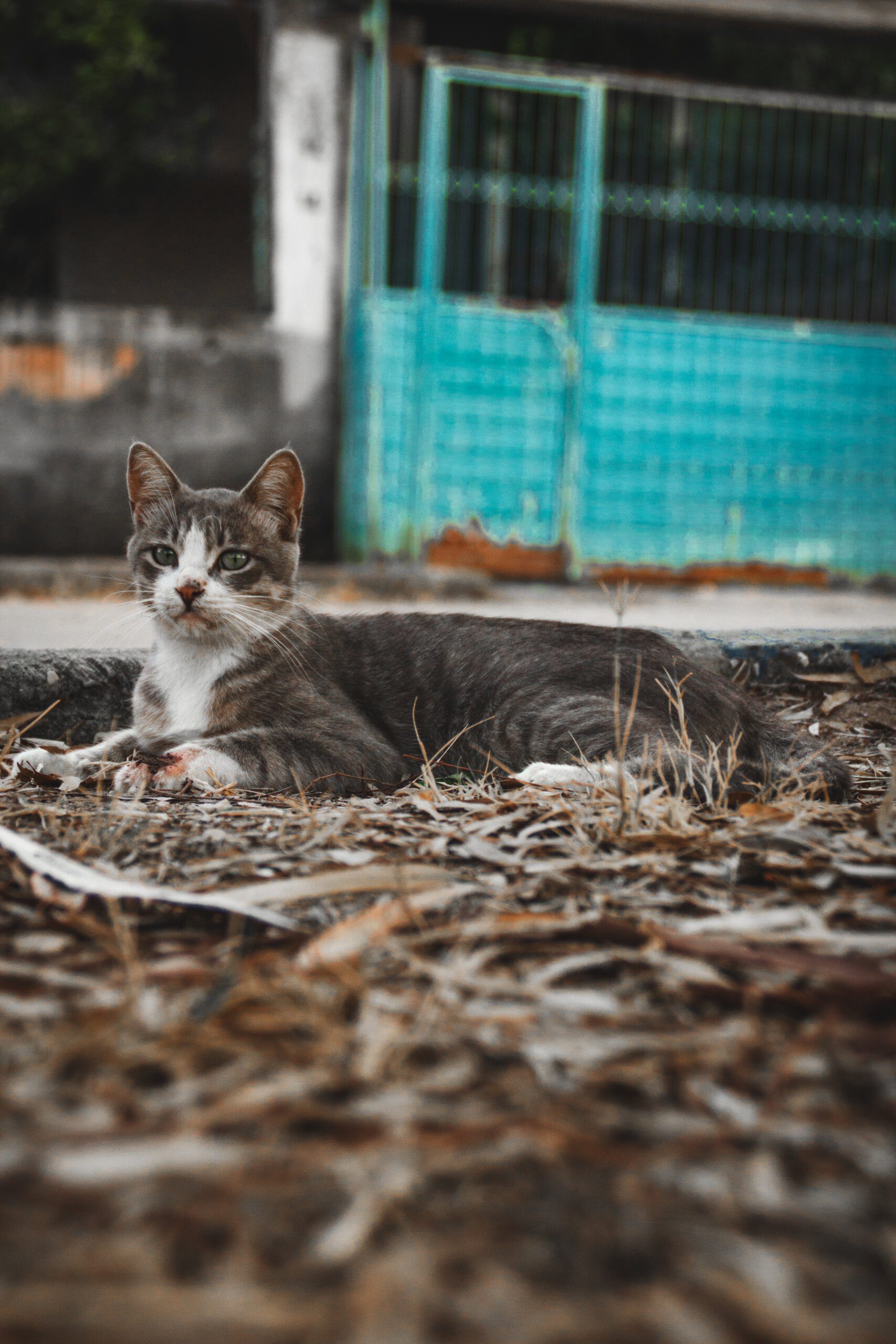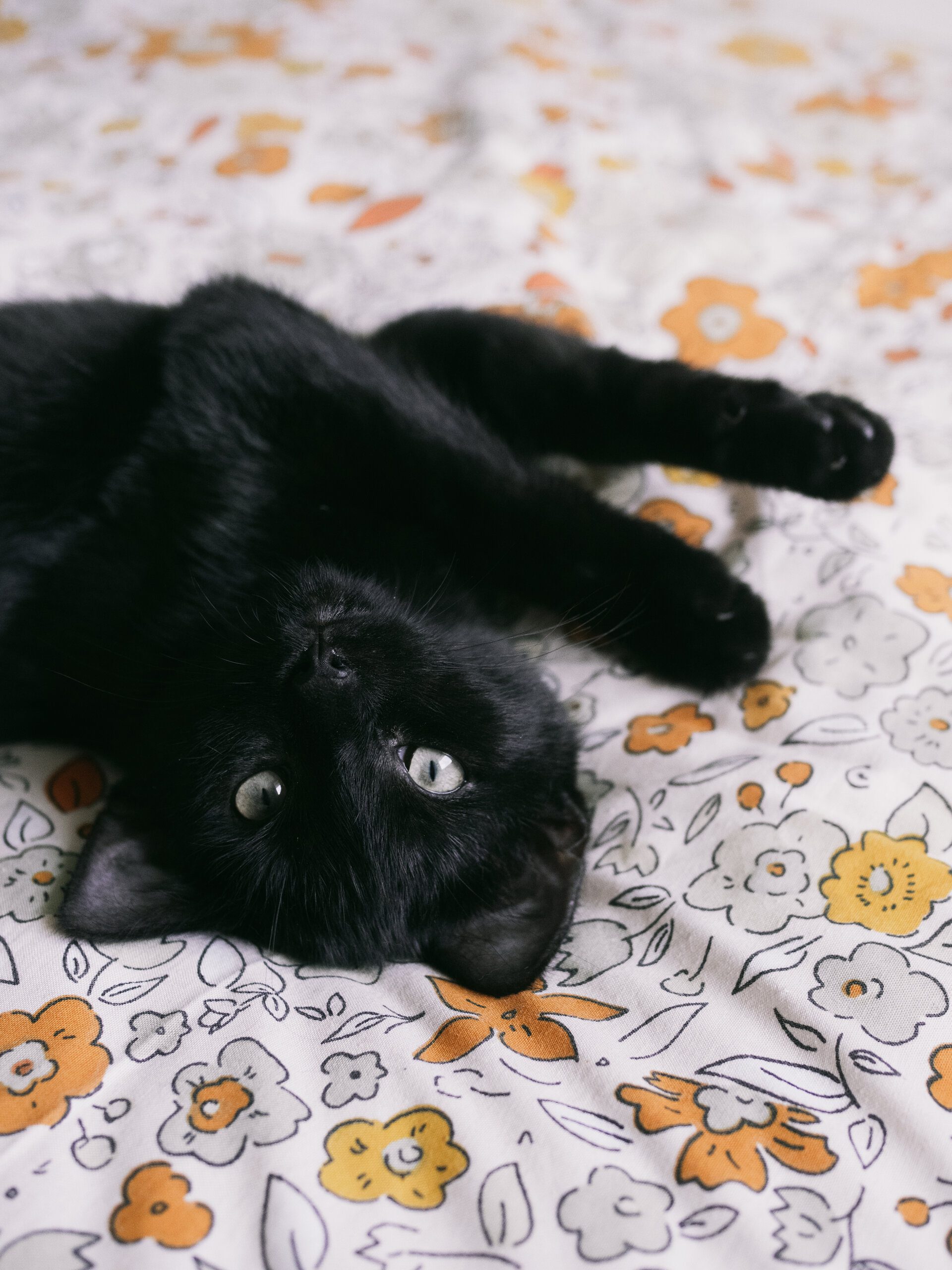Have you ever wondered if it’s legal to have a capybara as a pet? Well, you’re in luck because we’re here to help answer that question for you! Capybaras, the largest rodents in the world, have become increasingly popular as exotic pets. However, owning one may not be as simple as it seems. In this article, we will explore the legal aspects of owning a capybara as a pet, providing you with the information you need to know before considering welcoming one into your home.

Laws and regulations regarding capybara ownership
Capybara as an exotic pet
Capybaras, with their unique appearance and gentle demeanor, have become increasingly popular as exotic pets. However, it is essential to understand the legal status of owning a capybara before considering bringing one into your home. While some countries and states allow capybaras as pets, others have strict regulations in place to ensure the welfare of these animals and protect the public.
Capybara legal status by country
The legal status of owning a capybara varies from country to country. In some places, such as the United States, it is legal to own a capybara with certain permits and licenses. However, in other countries, including Canada and the United Kingdom, capybaras are classified as agricultural animals and are not permitted as pets. It is crucial to research and understand the laws and regulations specific to your country or state regarding capybara ownership.
Laws and permits for capybara ownership
In jurisdictions where capybaras can be kept as pets, there are often specific laws and permits that must be followed. These regulations are designed to ensure the welfare of the animals and protect the public from any potential risks. Common requirements may include obtaining a special exotic pet license, maintaining proper housing and care conditions, and adhering to periodic inspections by authorities. It is crucial to consult local authorities and familiarize yourself with these laws and permits before bringing a capybara into your home.
Limitations and restrictions on capybara ownership
Even in places where capybaras are legal as pets, there may be limitations and restrictions in place. These constraints typically include specific requirements for the size of housing enclosures, proper diet and nutrition, and appropriate veterinary care. Additionally, there may be restrictions on breeding and selling capybaras, to prevent an overpopulation of these unique creatures. It is essential to be aware of any limitations or restrictions imposed by local regulations and ensure that you can meet all the necessary requirements before considering capybara ownership.
Caring for a pet capybara
Suitability as a pet
Capybaras are not suitable pets for everyone. Their large size and specialized needs require dedicated care and commitment. Capybaras are highly social animals and thrive in the presence of conspecifics or human companionship. They require ample space, access to water, and a varied diet to remain healthy and happy. It is important to assess your ability to provide suitable housing, companionship, and adequate care before considering a capybara as a pet.
Housing requirements
Providing appropriate housing for a pet capybara is essential for their well-being. Capybaras are semi-aquatic animals, so access to a large, clean, and secure water source is crucial. They also require a spacious enclosure, preferably with access to both outdoor and indoor areas. Fencing should be secure and tall enough to prevent escapes, as capybaras are excellent climbers. The enclosure should also have vegetation, hiding spots, and suitable bedding materials to ensure comfort and stimulation for the capybara.
Diet and nutrition
A proper diet is key to maintaining a healthy capybara. While they are herbivores, capybaras have specific dietary needs that must be met. Their diet primarily consists of grasses, hay, and fresh vegetables. However, it is essential to consult a veterinarian or specialized capybara nutritionist to ensure the correct balance of nutrients. Additionally, capybaras require access to fresh water at all times for drinking and their semi-aquatic needs.
Physical and mental stimulation
Capybaras are intelligent animals that require both physical and mental stimulation. In addition to social interaction with their owners or other capybaras, they benefit from the provision of enrichment activities. This can include providing toys, puzzles, and opportunities for exploration within their enclosure. Regular exercise, such as supervised walks or access to a safely enclosed outdoor area, is also important to promote their physical well-being.
Grooming and hygiene
Capybaras require regular grooming to keep their coats clean and healthy. Brushing their fur prevents the accumulation of dirt and debris, while regular nail trims are necessary to avoid overgrowth and discomfort. As semi-aquatic animals, capybaras also benefit from occasional swimming or access to shallow water to keep their skin moisturized. Good hygiene practices, such as cleaning their enclosure regularly and providing fresh bedding, are critical to prevent the buildup of bacteria and potential health issues.
Veterinary care
Proper veterinary care is essential for the well-being of pet capybaras. Regular check-ups are necessary to monitor their overall health, detect any potential issues, and ensure appropriate vaccinations. It is crucial to find a veterinarian experienced in exotic animal care, as capybaras have specific medical needs and may require specialized treatment. In case of any health concerns or emergencies, prompt veterinary attention should be sought to ensure the best possible care for your capybara.

The potential challenges of owning a capybara
Size and space considerations
One of the primary challenges of owning a capybara is their size and space requirements. Capybaras are the largest rodents in the world, typically weighing between 77 and 146 pounds (35-66 kg). They need ample space both indoors and outdoors to move around comfortably. A small living environment can lead to frustration, stress, and physical health issues for the capybara. It is crucial to evaluate the space available in your home and ensure it meets the minimum requirements for a capybara’s well-being.
Social needs and companionship
Capybaras are highly social animals and require companionship to thrive. In the wild, they live in large groups, known as herds, and constant interaction with conspecifics is crucial for their mental and emotional well-being. If kept as pets, it is essential to provide ample socialization opportunities for capybaras. This can be achieved through regular interaction with their human caregivers or by having multiple capybaras as pets. Failure to meet their social needs can result in loneliness, depression, and behavioral issues.
High maintenance requirements
Owning a capybara requires a significant commitment of time, effort, and resources. They have high maintenance requirements, requiring proper housing, a specialized diet, regular grooming, and access to veterinary care. Capybaras also need daily interaction, stimulation, and supervision to prevent boredom and ensure their well-being. Prospective capybara owners must be prepared for the demands and responsibilities that come with owning these exotic pets.
Specialized care and handling
Capybaras have unique care and handling needs, which can pose challenges for owners. They are sensitive animals and can be easily stressed or frightened if not handled correctly. Proper handling techniques should be learned and practiced to avoid causing harm or distress to the capybara. Additionally, specialized knowledge and experience may be required to provide effective care and address any health or behavioral issues that may arise. Seeking guidance from experienced capybara owners or professionals is crucial for providing optimal care for these animals.
Capybara-related health and safety concerns
Zoonotic diseases
As with any animal, capybara ownership comes with the potential risk of zoonotic diseases. Capybaras can carry bacteria, viruses, or parasites that can be transmitted to humans. Precautions should be taken to minimize these risks, including regular veterinary check-ups, proper hygiene practices, and following recommended vaccination schedules. It is vital to consult with a veterinarian or medical professional to understand and mitigate the potential health risks associated with owning a capybara.
Bites and aggression
While generally docile, capybaras have powerful teeth and jaws that they can use in self-defense or when feeling threatened. Bites from capybaras can cause significant injury, including deep puncture wounds. It is essential to handle capybaras with care and respect their boundaries to prevent agitated or aggressive behavior. Proper training and socialization can help minimize the risks of bites or other aggressive behaviors. Additionally, children and individuals with limited mobility should be supervised closely when interacting with capybaras to prevent accidents.
Allergies and sensitivities
Some individuals may develop allergies or sensitivities to capybaras or their dander. These allergies can cause respiratory symptoms, skin irritations, or other allergic reactions. Prior to considering capybara ownership, it is advisable to spend time in proximity to these animals to assess for any allergic reactions. Individuals with pre-existing allergies or sensitivities should take caution and consult with healthcare professionals before bringing a capybara into their home.

Alternatives to owning a capybara as a pet
Other exotic pet options
If owning a capybara is not feasible or legally permitted in your area, there are alternative exotic pets to consider. Animals such as guinea pigs, rabbits, or ferrets may provide a similar interactive and unique pet experience. However, like capybaras, they require attentive care and responsible ownership.
Domestic pet alternatives
For those seeking the companionship of a pet without the challenges of owning an exotic animal, domestic pets can be a suitable alternative. Dogs, cats, or smaller animals like hamsters or birds can provide a fulfilling pet experience and generally require less specialized care. It is important to consider factors such as your lifestyle, living situation, and ability to provide appropriate care when choosing a pet that best suits your needs and preferences.
Volunteering or visiting capybara sanctuaries
If you are drawn to capybaras but are unable to own one as a pet, consider volunteering or visiting capybara sanctuaries. These facilities provide a safe haven for capybaras and offer opportunities to interact with and learn about these unique creatures. Volunteering can be a rewarding way to contribute to capybara welfare and conservation efforts without the long-term commitment and responsibilities of ownership.
The ethical considerations of capybara ownership
Conservation and preservation
When considering capybara ownership, it is essential to be conscious of the potential impact on conservation and preservation efforts. Capybaras are native to parts of South America, and their populations in the wild can be affected by habitat loss, hunting, and illegal trade. Responsible ownership includes supporting conservation organizations, avoiding the purchase of illegally traded capybaras, and raising awareness about the importance of preserving their natural habitats.
Supporting responsible breeding programs
If capybara ownership is legal in your area and you decide to acquire one as a pet, it is important to support responsible breeding programs. Breeding capybaras should be done ethically and with the well-being of the animals as a priority. Supporting reputable breeders who prioritize the health, genetic diversity, and welfare of capybaras helps maintain the overall health and vitality of the species.
Avoiding illegal wildlife trade
Illegal wildlife trade is a significant problem that contributes to the decline of many animal species, including capybaras. It is crucial to avoid supporting or participating in the illegal trade of capybaras or any other exotic animals. Purchasing a capybara from unauthorized sources not only puts the animal’s welfare at risk but also contributes to the perpetuation of this illegal activity. It is important to research and obtain capybaras from legitimate sources that prioritize the well-being and legality of these animals.
Personal experiences of capybara owners
Capybara ownership stories
Capybara owners often have fascinating stories to share about their experiences living with these unique pets. From heartwarming moments of bonding to challenges and surprises, personal narratives shed light on the joys and responsibilities of capybara companionship. Reading or hearing about the experiences of current and former owners can offer valuable insights and help inform prospective capybara owners about what to expect.
The joy and challenges of capybara companionship
The companionship of a capybara can bring immense joy to their owners. These intelligent and social animals can form deep bonds with their human caregivers and provide a sense of unconditional love and companionship. However, capybara ownership also comes with its challenges. It requires dedication, patience, and a commitment to meeting their unique needs. Understanding both the joys and challenges is important for making an informed decision about capybara ownership.
Insights and advice from current and former owners
Current and former capybara owners can offer valuable insights and advice to individuals considering capybara ownership. They can share tips on housing, diet, socialization, and general care that have worked well for them. Learning from their experiences can help prospective owners better understand the responsibilities and requirements of owning a capybara and make informed decisions about whether it is the right choice for them.
Misconceptions about capybara ownership
Common myths about capybaras as pets
There are several common misconceptions about capybara ownership that perpetuate false assumptions and unrealistic expectations. Some of these myths include ideas that capybaras are low-maintenance pets, can be kept alone without companionship, or are suitable for small living spaces. It is important to debunk these myths and educate potential owners about the true nature and needs of capybaras to promote responsible ownership.
Clarifying misconceptions about behavior and care
Misunderstandings about capybara behavior and care can contribute to ineffective or inadequate ownership. It is important to clarify misconceptions such as assuming capybaras are similar to domesticated rodents or that they can thrive without access to water. By providing accurate information and dispelling misconceptions, prospective owners can make well-informed decisions and provide optimal care for their capybara companions.
Educational and awareness initiatives about capybaras
Promoting responsible capybara ownership
Educational initiatives play a crucial role in promoting responsible capybara ownership. These initiatives aim to provide accurate and comprehensive information about the care, requirements, and challenges of owning a capybara. By raising awareness of responsible ownership practices, potential owners can make informed decisions and provide the best possible care for their capybaras.
Educational resources for prospective owners
Prospective capybara owners can benefit from access to reliable educational resources. Online platforms, books, articles, and workshops dedicated to capybara education can provide valuable information about their care, behavior, and specific needs. These resources should emphasize the importance of responsible ownership, highlight potential challenges, and provide guidance on meeting the essential requirements for capybara welfare.
Conservation efforts for capybara species
Capybaras, like many other wildlife species, face numerous threats to their populations and habitats. Conservation efforts aimed at protecting capybaras in the wild are crucial for their long-term survival. Initiatives such as habitat preservation, anti-poaching measures, and public awareness campaigns help protect capybara populations and ensure their continued presence in the ecosystems they inhabit. By supporting these conservation efforts, capybara owners can contribute to the preservation of these remarkable creatures.
Conclusion
Owning a capybara as a pet is a unique experience that requires careful consideration of legalities, care requirements, and ethical concerns. While capybaras can bring joy and companionship, they also come with challenges and responsibilities. Understanding the laws and regulations surrounding capybara ownership, providing suitable care and environment, and supporting conservation efforts are all essential aspects of responsible capybara ownership. By educating oneself, seeking guidance from experienced owners, and making informed decisions, one can create a fulfilling and enriching life for both themselves and their capybara companion.



